Horse Vaccination Strategies
This article courtesy of HorseChannel.com, This article was previously published October 15, 2013, and was updated on April 20, 2023.
Vaccinating your horse against disease is such a simple task. It’s not terribly time consuming, and it’s relatively inexpensive when you consider the alternative. But some people don’t vaccinate. Lack of concern regarding disease risk, and skepticism about horse vaccine safety and efficacy are among the reasons given.
We’ve asked veterinarians who work for leading vaccine manufacturers to explain vaccination protocols, and to address safety and efficacy issues. Their responses are surprisingly candid and may have you rethinking your horse’s healthcare schedule.
A Case for Safety
There is an extensive amount of time, money and resources involved in the research and development of a horse vaccine. Generally speaking, it takes three to four years of time and millions of dollars spent before a vaccine gets licensing from the U.S. Department of Agriculture (if it ever does).
“I have never had anyone explain to me scientifically why you would not vaccinate a horse,” says Tom Lenz, DVM, vice president, Professional and Technical Services, Fort Dodge Animal Health. “Occasionally, you may have a horse that reacts to a vaccine systemically—has an anaphylactic reaction (a severe and rapid allergic reaction that requires immediate veterinary attention), or hives, or you may have a horse that has a local injection site reaction, but those are fairly rare.”
Dr. Lenz feels the risk of disease is just too high if you don’t vaccinate. “If your horse develops tetanus, the odds of him dying are about 99 percent. The fatality rate for West Nile virus, based on statistics over the last three years, is at least 30 to 40 percent. The fatality rate for rabies is 100 percent.”
“I think it’s important that horse owners recognize that licensed horse vaccines go through extensive purity, safety and efficacy testing prior to being released for sale,” says D. Craig Barnett, DVM, senior equine technical services specialist of veterinary services at Intervet Inc. “Every serial [batch] of vaccine has to pass certain standardized potency and safety tests.” Dr. Barnett says that the vaccine production process is “extensive, complex, scientific and judicious.”
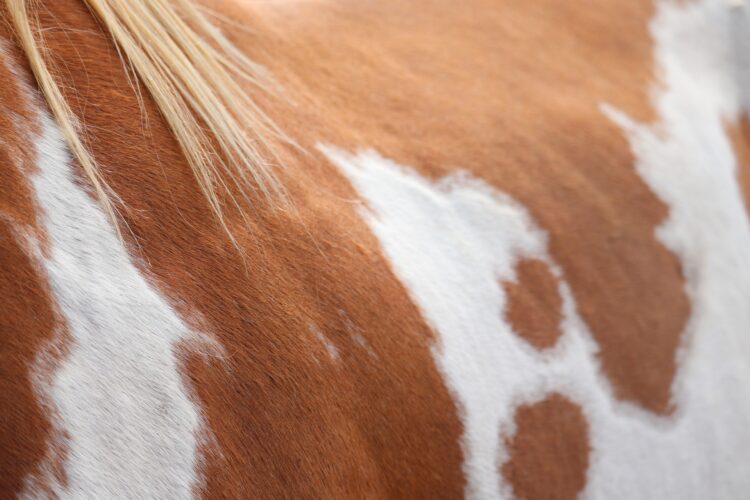
Vaccine Efficacy
Even if you trust the safety and efficacy standards, and you follow a strict vaccination schedule for your horse, he may not be protected against disease.
“Vaccination does not equal immunization,” Dr. Barnett says. “A horse has to mount an immunological response—produce antibodies or other immune responses to the vaccine—following vaccination. This response will vary depending upon the vaccine used and the horse’s own immunity. Not all horses will mount an immune response to vaccination—approximately 10 percent don’t—and those that do respond differently,” he says. “Some respond well, some middle of the road, some poorly.” A horse’s general health plays a large role in this factor. Stressed horses, malnourished horses or those that are otherwise unhealthy may not mount a good immunological response to vaccination.
A horse’s age is also critical to vaccine efficacy. In most situations, vaccinations for healthy foals from vaccinated mares, for example, shouldn’t be given until the youngster is at least 3 months of age. Some veterinarians prefer to wait even longer. Foals that receive adequate colostrum from their properly vaccinated dams (vaccinated four to six weeks prior to foaling) should have sufficient immunity from the diseases the mare is immunized against. Vaccinating these foals too soon may possibly compromise their natural ability to fight disease.
Efficacy is also dependent on when you vaccinate. Dr. Barnett recommends vaccinating while your horse is healthy and before potential disease exposure or high-risk periods (before going to shows, trail rides, parades, et cetera). “We need to consider that there is a lag time between vaccination and development of an immune response.” Lag time, along with the fact that disease can compromise a horse’s immune system, is why many veterinarians recommend not vaccinating for certain diseases in the face of an outbreak.
Vaccination is only an aid in prevention of infectious disease, and won’t succeed without appropriate management practices. Dr. Barnett explains that you have to reduce your horse’s exposure to disease by following basic horsekeeping practices:
- Avoid contact with sick horses.
- Quarantine new incoming horses. Without a quarantine system, there is a very serious threat for bringing in infectious disease to an established herd or group of horses.
- Avoid contact with outside horses—on trail rides, horse shows, et cetera.
- Avoid using universal waterers or feed sources.
- Reduce or eliminate stress, because it has a negative effect on the immune system.
- Vaccinate all horses in a herd or on a farm on the same schedule whenever possible.
“As horse owners, we must take responsibility for the management part of infectious disease control,” Dr. Barnett says.
America’s Healthy Horse
Even though the vaccine manufacturing process is filled with quality control measures to help ensure safe vaccines, it’s important for horse owners to recognize that vaccines are foreign substances, and that adverse reactions may occur. This is a good reason why it’s best to let your veterinarian vaccinate—he or she has the knowledge and the appropriate medications to treat an allergic reaction should it occur. During vaccination your veterinarian can examine your horse, which is part of a good disease prevention strategy.
The American Association of Equine Practitioners (AAEP) recommends that horses be seen by a veterinarian twice a year for wellness exams to address vaccination, parasite control, nutrition and dentistry. 2006 saw the launch of the “America’s Healthy Horse” initiative, a joint effort between the AAEP and Fort Dodge Animal Health that encourages regular wellness exams for horses.
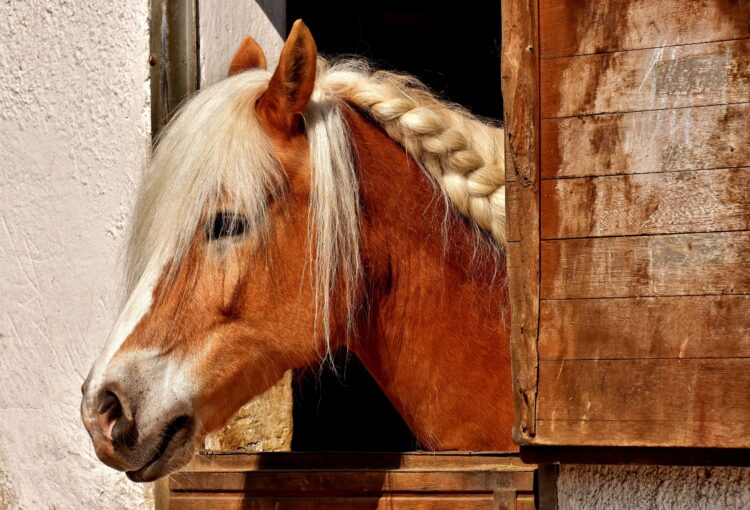
Vaccination Protocols
What are the most important points horse owners should consider regarding their vaccination strategies? “It’s very important to realize that ‘one size does not fit all’ when it comes to vaccination protocols and schedules,” Dr. Barnett says. “Universal vaccination recommendations are impossible to make.” They vary depending upon many factors, including age of horse, incidence of disease in the area, geographic location, number of horses on the premises, exposure to other horses, use of the horse (broodmare, show horse, et cetera).
Vaccination programs should be tailored to each individual horse and farm. Dr. Barnett says horse owners should assess the need to vaccinate for each disease based on:
- Risk—What risk does this disease pose to the horse? Keep in mind that disease risk can vary between types of horses—pleasure horses, broodmares, foals, performance horses.
- Consequences of the disease—Is the disease life threatening? What is the mortality rate? Is there potential for human exposure (as with rabies)?
- Efficacy of the vaccine and the potential for adverse reactions to vaccination.
Most veterinarians agree that even if the risk of a particular disease is moderate to low, but the consequence of the disease is deadly, you should vaccinate as long as the vaccine is safe and efficacious. However, if the risk of a disease is moderate to low, the disease mortality rate is low, and the vaccine for it has marginal efficacy and safety, then you probably won’t vaccinate unless risk increases.
Download my FREE Ebook Hidden Secrets to Communicating with Horses – just click on the picture below!
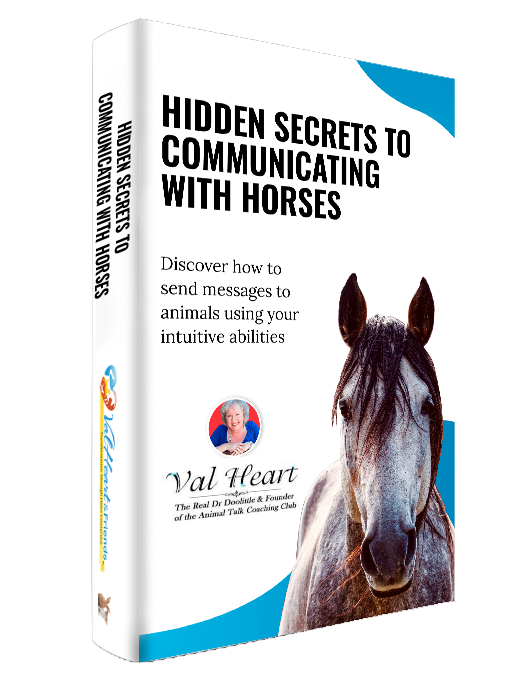
“I think every horse ought to be vaccinated against tetanus, Eastern equine encephalomyelitis, Western equine encephalomyelitis, West Nile virus and rabies,” Dr. Lenz says. Most veterinarians agree with this opinion. “Whether or not horses receive rhino [equine herpes virus], flu, strangles, Potomac horse fever or some of the other vaccines, depends on the part of the country they live in and what their veterinarians think,” Dr. Lenz continues.
You also have to consider vaccination frequency. “In some parts of the country you may give rhino and flu once a year, in some areas it’s more frequently,” Dr. Lenz says. “West Nile virus—we used to vaccinate once a year, now the general consensus is to vaccinate spring and fall. In some areas, like the South, you may need to vaccinate against it even more frequently. So it depends on the exposure rate.”
Dr. Barnett says many horses are under-vaccinated, but some are over-vaccinated. Robert Holland, DVM, Ph.D., agrees. He says, “If you are giving a flu/rhino vaccine every two months, you’re possibly over-vaccinating. Sometimes we think more is better, but sometimes it’s better to let the horse’s immune system wax and wane, so when you give the vaccine you get a much better response.”
All the experts agree that your veterinarian is the best source of information when designing and implementing a vaccination program best suited to the needs of your horse. Your vet is familiar with the risk of disease in your area, risk of disease to your farm and/or individual horses on that farm, knows the consequences of diseases, and is familiar with the efficacy and safety of different vaccines.
Enjoyed this article about horse vaccinations? Here are three more to help you:
How To Help Your Horse’s Winter Colic
Can Iodized Salt Help Make Your Horse Healthier?
12 Things You Didn’t Know About Elise Gaston Chand and Horse Whispering

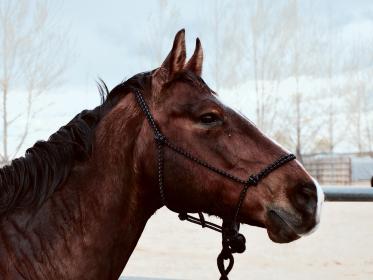
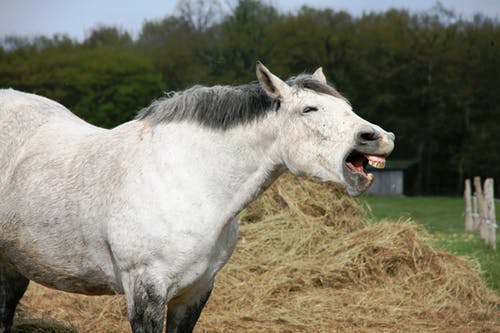
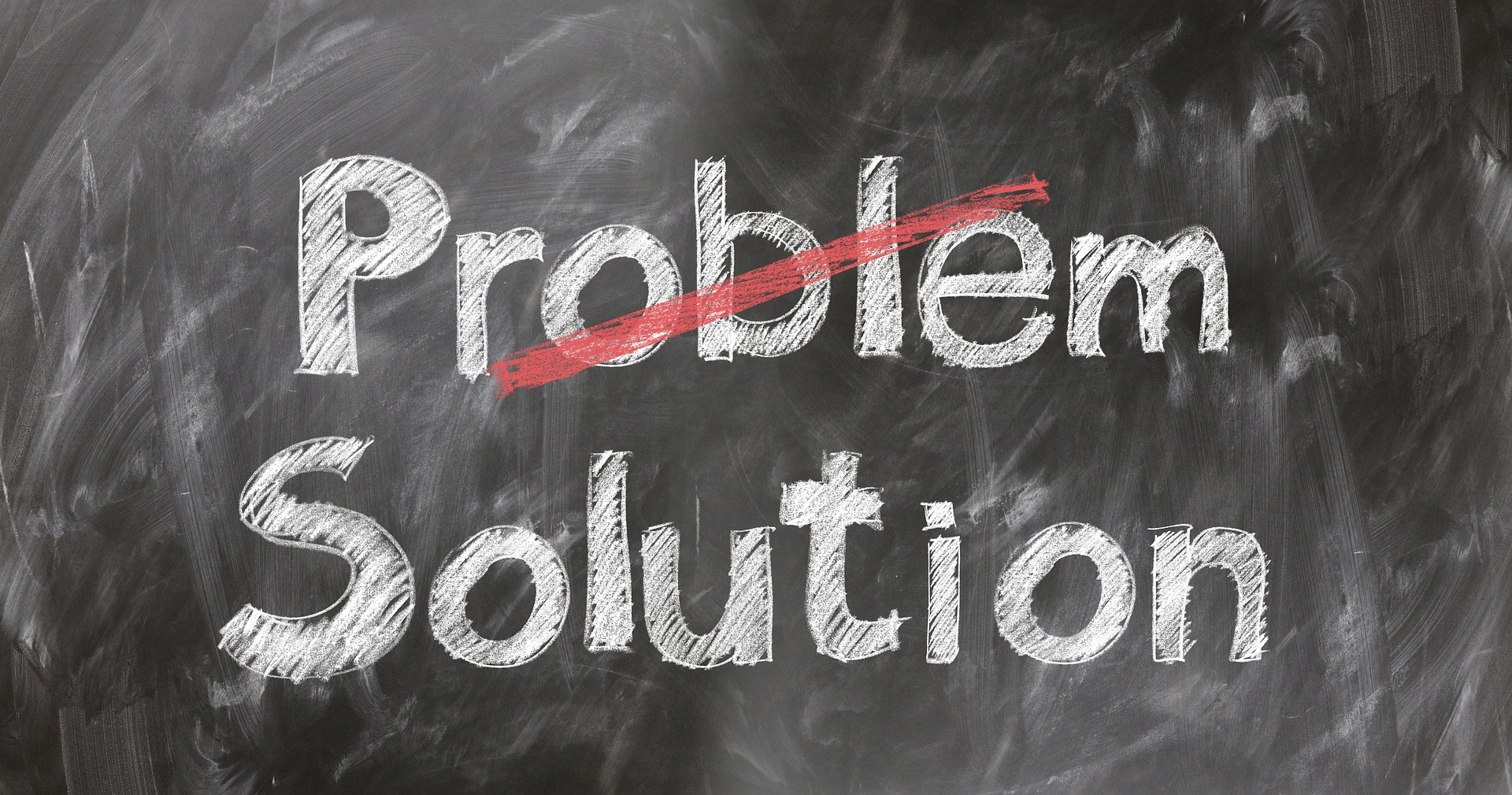
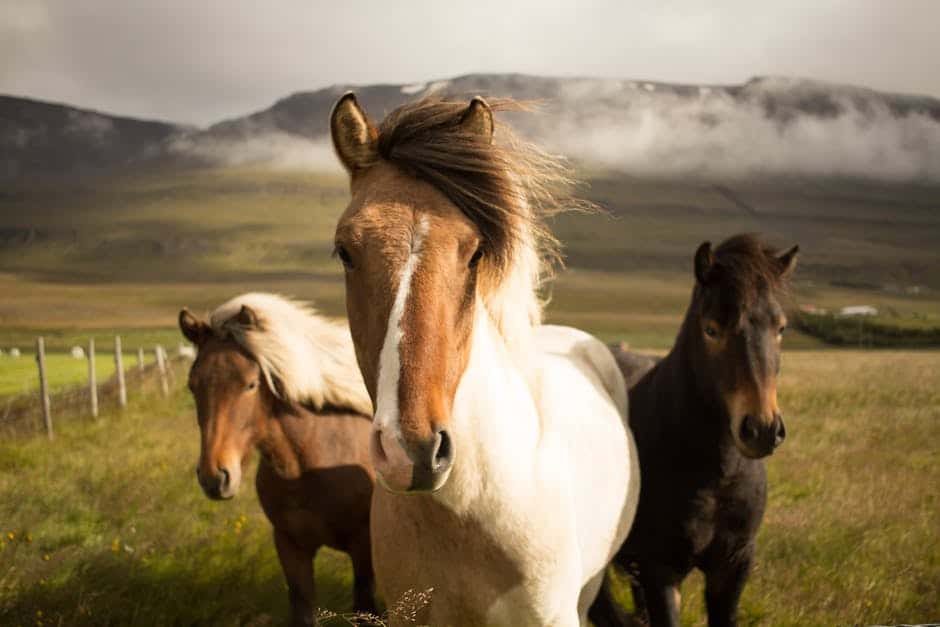
Leave a Reply